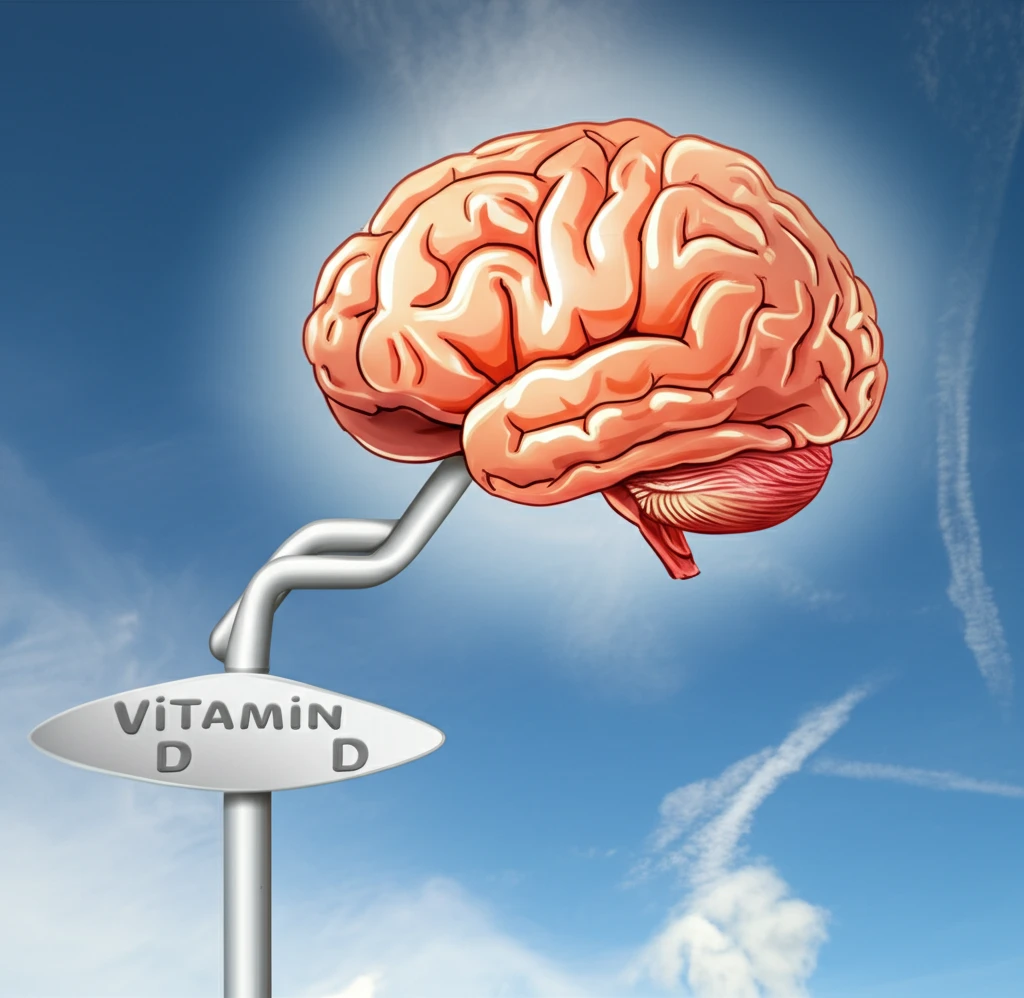
Unlocking the Connection: ADHD, Autism, and the Vital Role of Vitamin D
"Is there a link between ADHD, Autism Spectrum Disorders and Vitamin D Levels?"
Attention deficit hyperactivity disorder (ADHD) and autism spectrum disorders (ASD) are distinct neurodevelopmental conditions that significantly impact children's lives. ADHD, characterized by hyperactivity and attention deficits, can hinder academic success and lead to disruptive behavior. ASD, a more heterogeneous group of disorders, is associated with genetic factors, advanced parental age, and birth complications. Understanding the underlying factors and potential links between these conditions is crucial for improving the well-being of affected individuals.
Emerging research suggests a potential link between ADHD, ASD, and cardiovascular health. Studies have shown that children with ADHD may have increased thickness of the carotid intima media, a marker of cardiovascular risk. Both ADHD and ASD are associated with higher body mass index (BMI), further increasing the risk of cardiovascular issues. Intriguingly, deficiencies in vitamin B12 and vitamin D have been observed in individuals with both ADHD and ASD, raising questions about their role in these conditions.
Given the frequent lack of essential nutrients like vitamins B12 and D, coupled with elevated oxidative stress, it is hypothesized that ADHD and ASD may elevate the risk of cardiovascular disease. A new study assessed the risk of cardiovascular disease in individuals with ADHD and ASD by examining mean platelet volume (MPV), an indicator of cardiovascular health, in both patient groups and healthy controls.
The Role of Platelets and Cardiovascular Health

Platelets play a crucial role in blood clotting and the development of atherosclerosis, a condition where plaque builds up inside the arteries. When platelets become overly active, the risk of dangerous blood clots and related complications increases. This heightened activity has been linked to acute vascular events, prompting the use of anti-platelet agents as a standard treatment and preventive measure for coronary artery disease (CAD).
- Larger platelets: Younger and contain more granules.
- Increased receptors: Exhibit greater adhesion receptor expression.
- Metabolic activity: More metabolically and enzymatically active.
- Thrombogenic potential: Demonstrate enhanced clot-forming capabilities.
Conclusion: Implications and Future Research
The study suggests that both ADHD and ASD may be associated with an increased risk of cardiovascular disease due to deficiencies in vitamins B12 and D, as well as the unique characteristics of these disorders. Given these findings, it is crucial to closely monitor individuals with ADHD and ASD for cardiovascular risk factors and address any nutritional deficiencies. The study did not find significant differences in MPV between the patient groups and the control group, which may be due to the limited number of participants. The vitamin D deficiency, particularly in the ADHD group, may have contributed to the elevated MPV level in the study by Yoruk et al. Further research with larger patient populations is needed to validate these findings and explore the underlying mechanisms.
